With new technology comes new catch phrases that often leave businesses wondering what they are and how it will affect them. The Internet of Things is one of those phrases and will likely have a great impact over the next few years as experts forecast 20.4 billion connected things will be in use worldwide by 2020.
What is the Internet of Things?
Commonly referred to as IoT, the concept is one where Internet-enabled devices — or “smart” devices — all become interconnected through a single network. For example, a smartphone or tablet can easily connect to a home security system, thermostat, television or other appliance. In fact, the first Internet-connected device was a toaster back in 1989.
Security and the Internet of Things
In the same way that that websites can be hacked, so can anything that is connected through the Internet. Viruses can be sent that interrupt or disable service to various devices. It will also work the other way as well. Devices can be infected and spread malware to websites. Thus, it will be even more important for businesses to secure their websites to prevent DDOS and other possible attacks. Imagine how horrible it would be if your business went dark due to a virus from a smart fridge.
Data and the Internet of Things
Having a data-drivenmarketing strategy allows businesses to leverage valuable statistics to make smarter decisions for customers. IoT increases the need for good data and great use of that data. Businesses will find it even more vital to listen to their customers and respond accordingly with the right message at the right time and through the right device. For example, providing information through that smart fridge may not be as effective as through the car stereo, smartwatch or other device not yet invented. Businesses that want to be most successful with their digital marketing efforts will need to be data-driven to stay ahead of each new curve.
Responsiveness and the Internet of Things
IoT will increase productivity. With increased connectivity comes more efficiency. Businesses will have to keep pace. Customers who are already looking for interactivity with their favorite brands will seek quicker real-time responses.
Professor Steven Van Belleghem, author of “The Conversation Company” and “When Digital Becomes Human,” suggests customers may even look for businesses to solve their problems before they occur. Because devices will have sensors and collect data about customers, “people will come to expect customer service that is faster than real-time.”
Wondering how the Internet of Things may affect your website security or overall marketing strategy? Let us work with you, define your goals and get you to where you want to be. Just give us a call and we can assist.
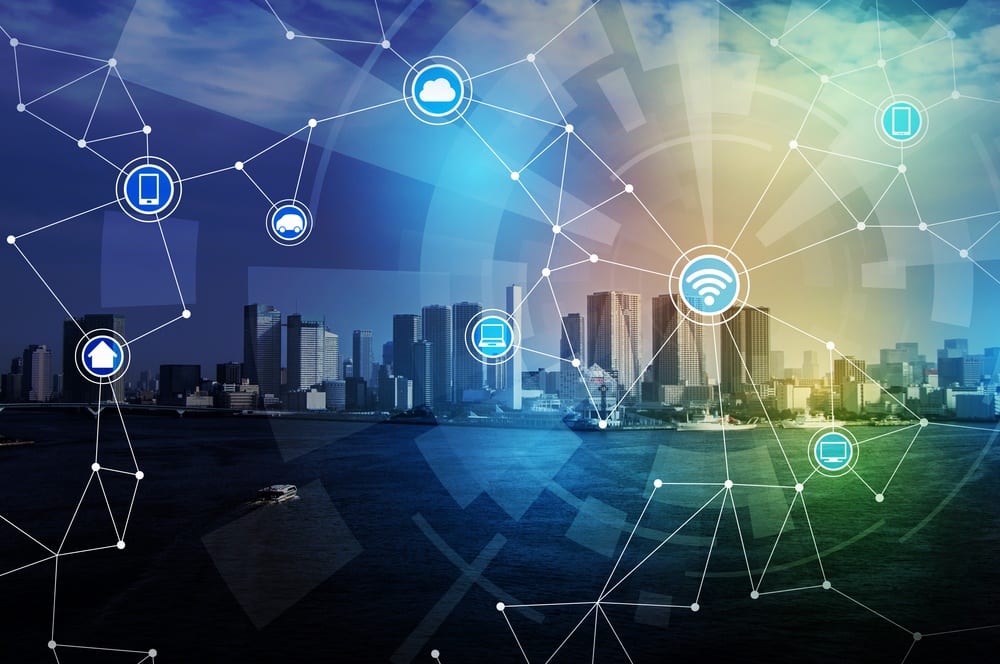
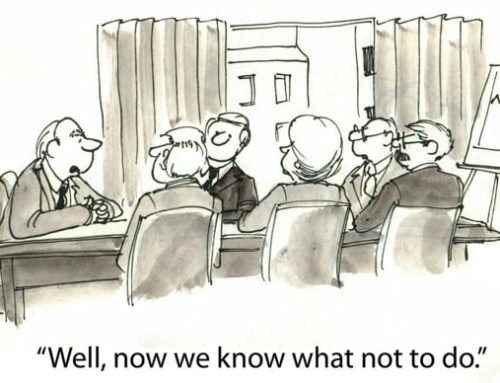
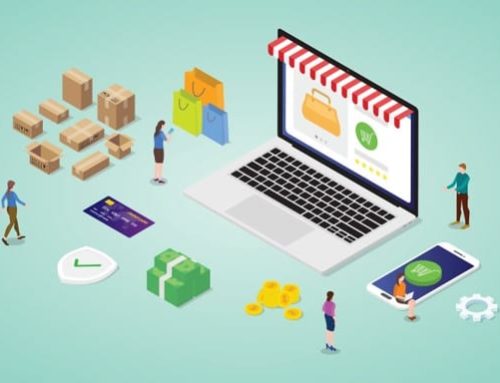
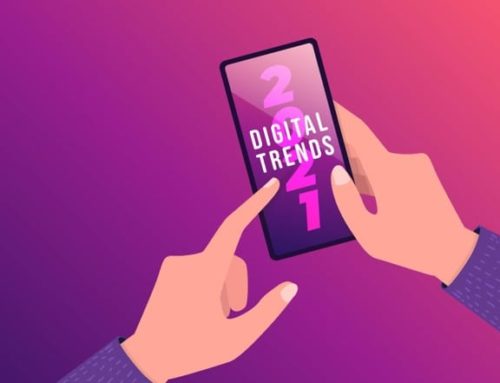
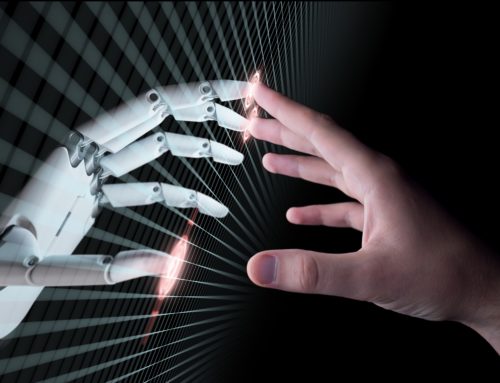

Leave A Comment